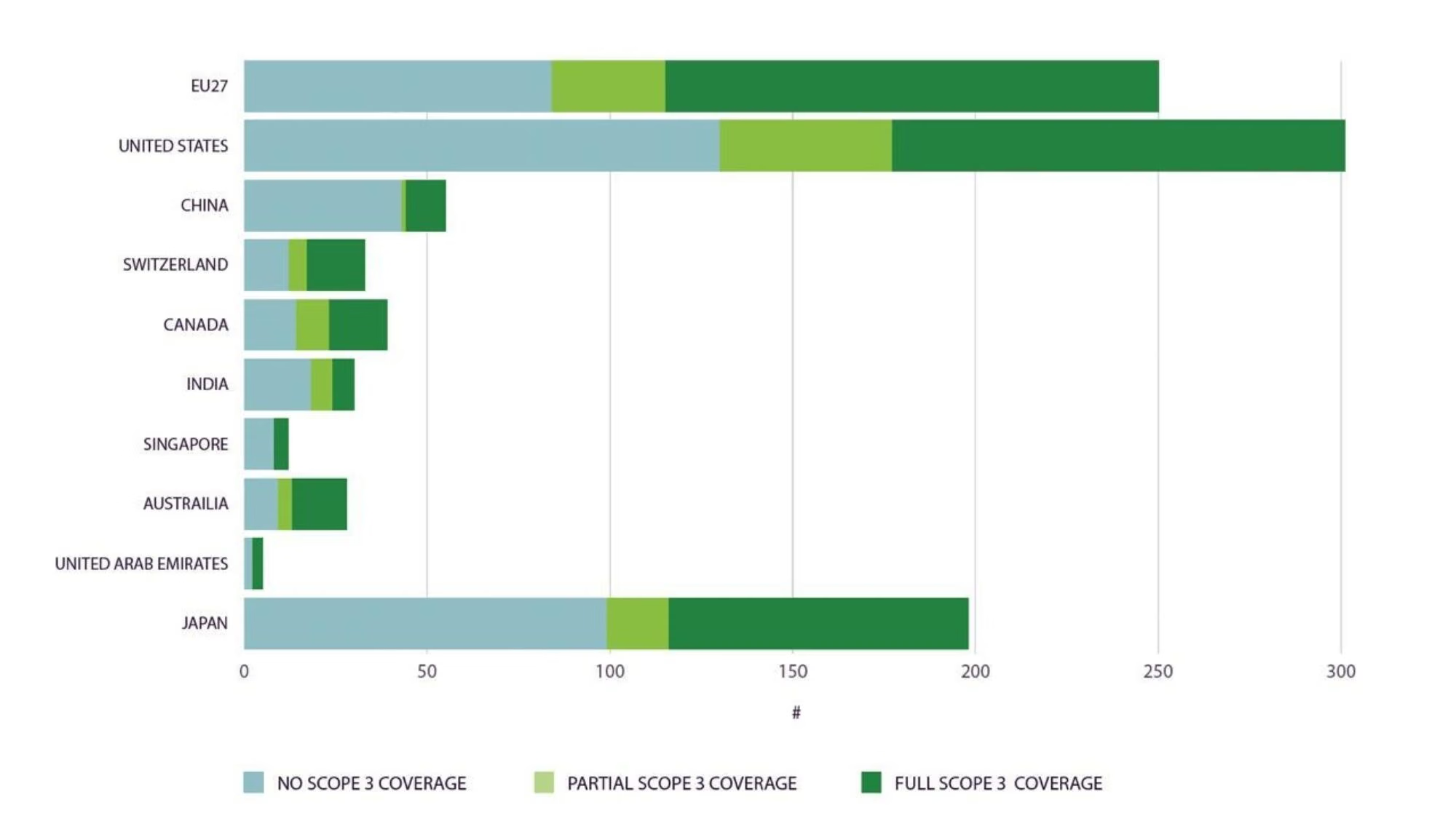The drive toward decarbonisation is transforming global supply chains and trade relationships, fuelled in part by the growing adoption of net-zero-compatible policies, regulations, and international standards. Those countries that fail to make the transition at home risk losing their competitive edge in evolving export markets.
Now the Energy and Climate Intelligence Unit (ECIU) has, for the first time, analysed UK exports in the context of trading partners' net-zero commitments. This includes whether their targets are legally binding and the proportion of companies in those countries aiming to achieve net-zero across their full value chains (including scope 3).
The ECIU believes that the UK can position itself as a more attractive, lower-carbon supplier for companies committed to driving down their supply chain, or scope 3, emissions, despite being a services-oriented export economy, it notes that the UK possesses expertise across a diverse range of green manufacturing sectors.
Analysis of export partner policy commitments point to growing export opportunities in the power sector, green steel, heat pump and electric vehicle industries as well as more nascent areas such as low-carbon fertiliser production and transition-as-a-service (TaaS).
The analysis shows that currently 94 per cent of the UK’s exports by value go to jurisdictions that have net-zero targets. These exports, to 146 nations, are worth £796bn to the UK economy, and 91 per cent of UK exports by value go to jurisdictions that have net-zero targets enshrined in law or outlined in official policy documents.
Furthermore, 54 per cent of UK exports go to the 26 trade partners (including the EU) that have enshrined net-zero in law, the strongest level of climate commitment.
To alleviate growing concerns about a potential squeeze on UK exports to the US under a protectionist Trump administration, the ECIU’s Net Zero Tracker data shows notable climate ambition among US states. When weighted by GDP, half (49.6 per cent) of US states have net-zero targets. Additionally, two-thirds have either net-zero or emission reduction targets of at least 80 per cent by 2050.
© 2019 Perspective Publishing Privacy & Cookies







Recent Stories